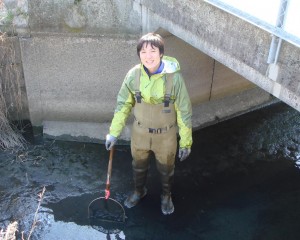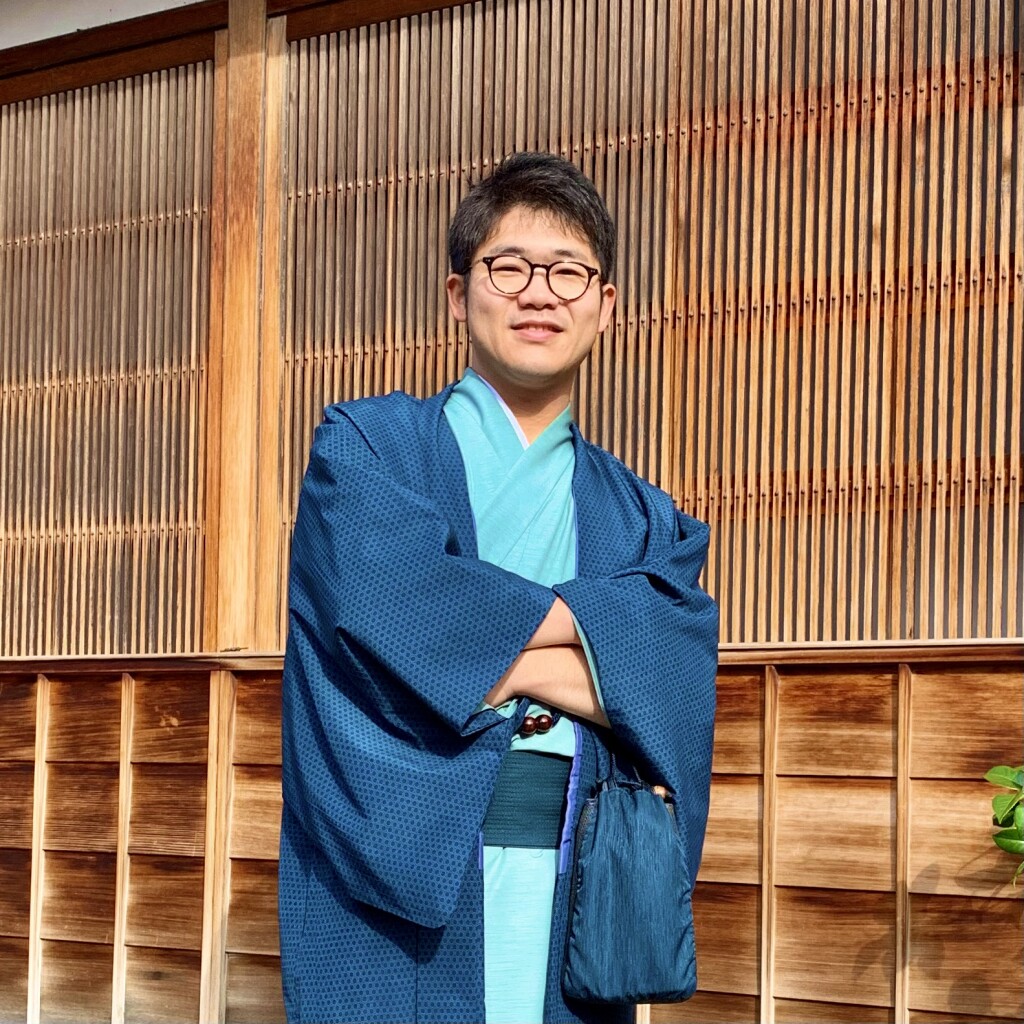Associate professor
Itsuro KOIZUMI
itsuro (at) ees.hokudai.ac.jp
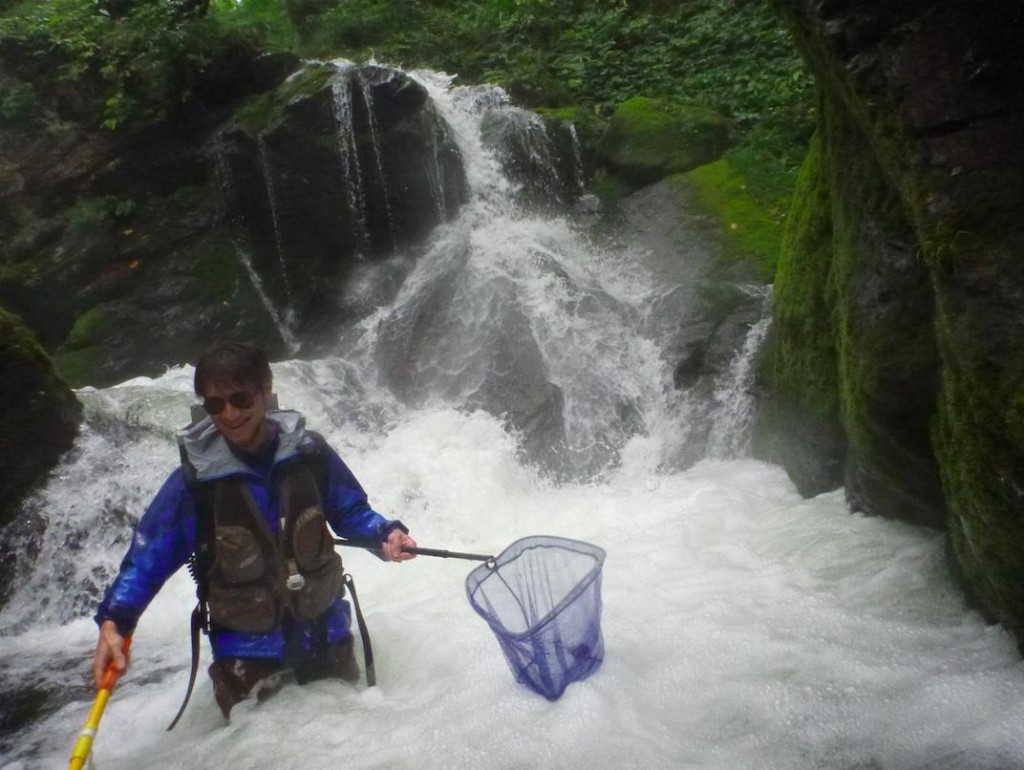
Field-based ecology
My main research interest is metapopulation ecology of stream Dolly Varden charr, a salmonid fish. I’ve been monitoring more than 100 local habitats (tributary streams) over 15 years (review in Koizumi 2011). I’m interested in how dispersal affects population dynamics, genetic structure and evolution of life history traits. I also aim to develop research frameworks applicable to other study systems (e.g. Koizumi et al. 2006; Koizumi et al. 2008). Because I was a fisherman (meaning I love fishes!) I’ve studied Dolly Varden from many different viewpoints, such as morphology, behavior and genetics. This provided me with broad concepts and methods for general ecological research, which are applicable to other animals. You can see this from the broad research topics of my students. These topics may appear independent but actually relate to one another. I hope such diversity will produce some novel research questions and theories.
Doctor course
Noriyasu Suzuki
PhD student (3++ year)
noriyasu_s_suzuki (at) eis.hokudai.ac.jp
Conservation ecology of Golden Venus chub
I am studying the ecology of Golden Venus chub in Shiga prefecture, which is far from Hokkaido. I’d like to attract people’s concern to the tiny, beautiful endangered fish, which should contribute to the conservation.
Yuuki Shimamoto
PhD student (3+ year)
Y.Shimamoto3091(at)ees.hokudai.ac.jp
The effects of domestication on fishes: focusing on brain structure & cognitive abilities
Organisms have the ability to obtain information from the outside world and respond appropriately. The brain plays an important role in recognizing the environment surrounding themselves and processing the information obtained from it. The shape of the brain is very diversified, not only among different taxonomic groups, but also within the same groups, corresponding to the environment where they live.
So how are the brains of domesticated fishes living in very different environments from nature changing compared to fishes living in nature? I would like to conduct research on various fish species that are domesticated not only in Hokkaido but also nationwide, focusing on the form and cognitive ability of the brain.
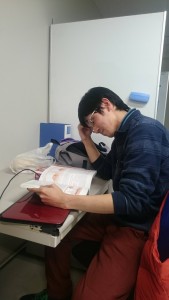
Masahiro Naka
Doctor student (3+ year)
nakanakamonaka(at)ees.hokudai.ac.jp
Fish and parasite community
P.S. First annual census of Dolly Varden made me exhausted, but the nature and dollies are very beautiful!!!
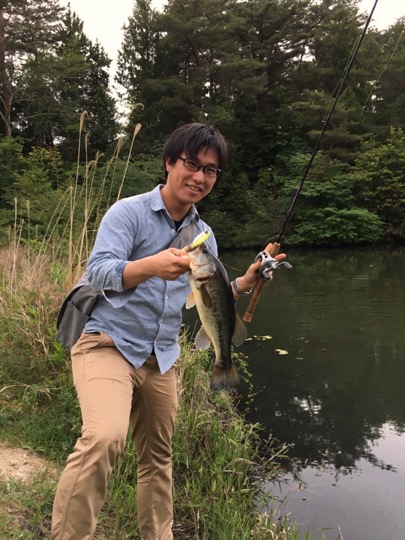
Yohsuke Uemura (JSPS research fellow DC1)(Personal website)
Doctor student (3rd year)
uemura.fish (at) gmail.com
Predicting the distribution and population dynamics of competing salmonids under climate change
I was just a “fish lover” in the begining, but with various experiences, I have many questions like “how fishes are interacting with each other?” or “how are fishes interacting with people, society, or the world?” and ended up coming to this lab. Another big reason coming to this lab was to do “Power Ecology” in the northern widlderness land, which is incomparable to my hometown Shikoku. By keeping myself in the nature, “I want to know how much I can try!” I was moving my feet north to north … (and into the deep forests).
Here, Koizumi Lab is focusing on field-based ecology, and I would like to do this for salmon fishes !
Ah … my hobby is drawing pcitures and human watching!
thank you!
Tomoaki Konno (Personal website)
Doctor student (3rd year)
tomoaki.konno(at)outlook.jp
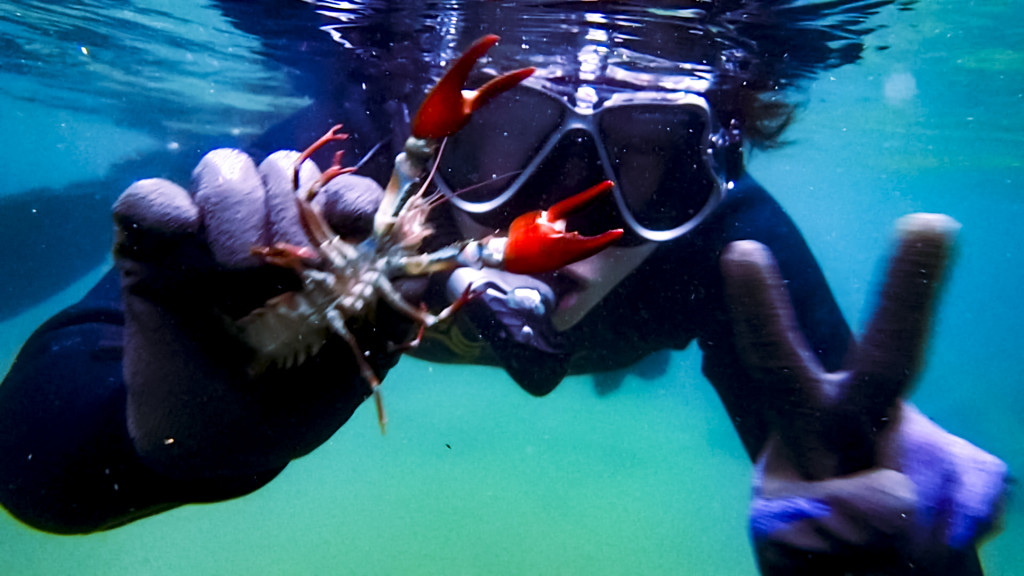
Interactions, co-evolution, and co-phylogeography of crayfishes and their eco-symbionts
Hinako Katsushima (JSPS research fellow DC2) (Personal website)
Doctor student (3rd year)
hinako.katsushima(at)gmail.com
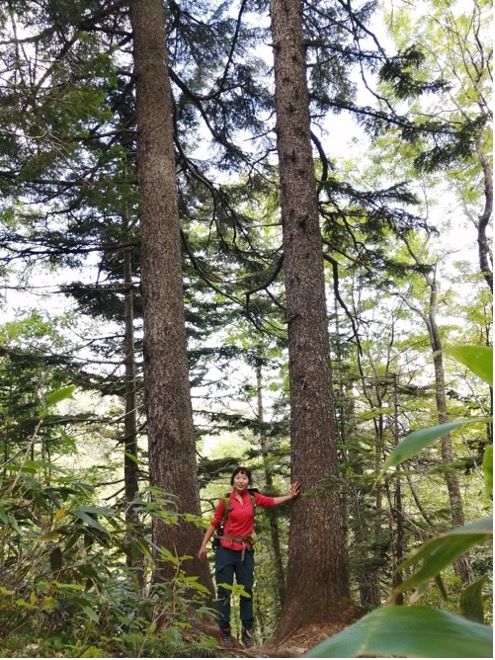
Olfactory communication of mammals live in the forest
I will do my best to conduct interesting research by seeing, smelling, touching, eating, and listening!
Jia Wei
Doctor student (2nd year)
jiaweikai21037(at)gmail.com
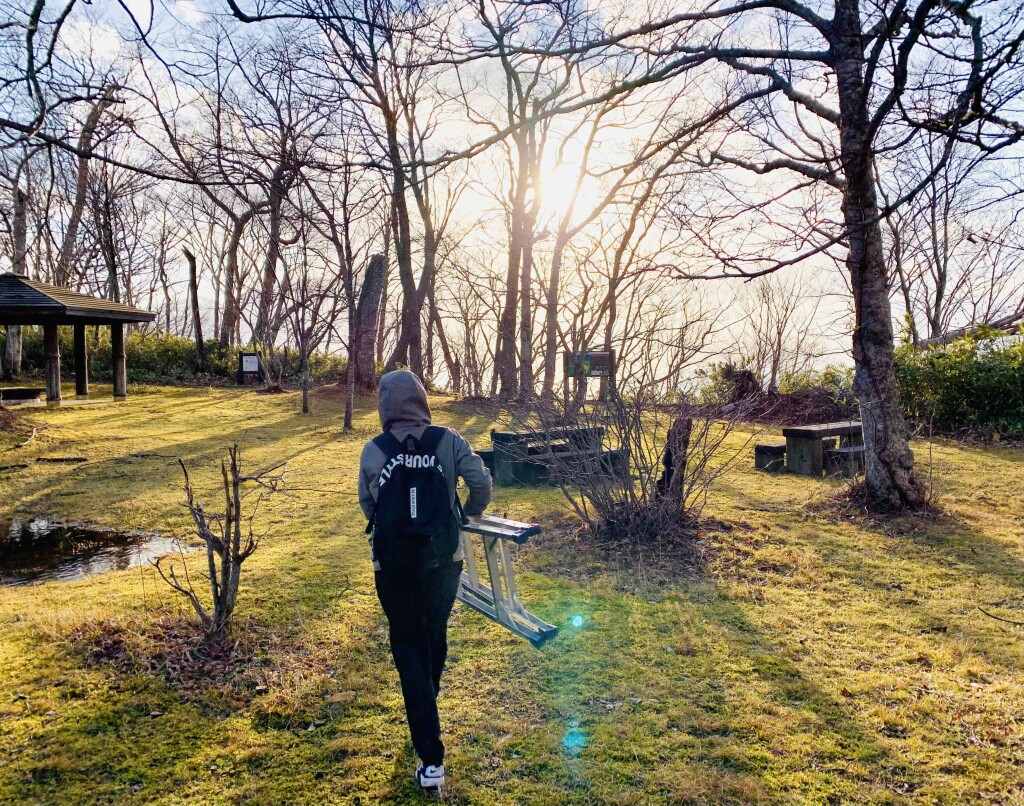
Interaction of multiple stressors and predictive modeling for local extinction of freshwater crayfish
Now, I am analyzing the previous data using QGIS and R. Since I am not so good at statistics, let’s talk a lot in our spare time.
Master course
TBA
Co-supervised

